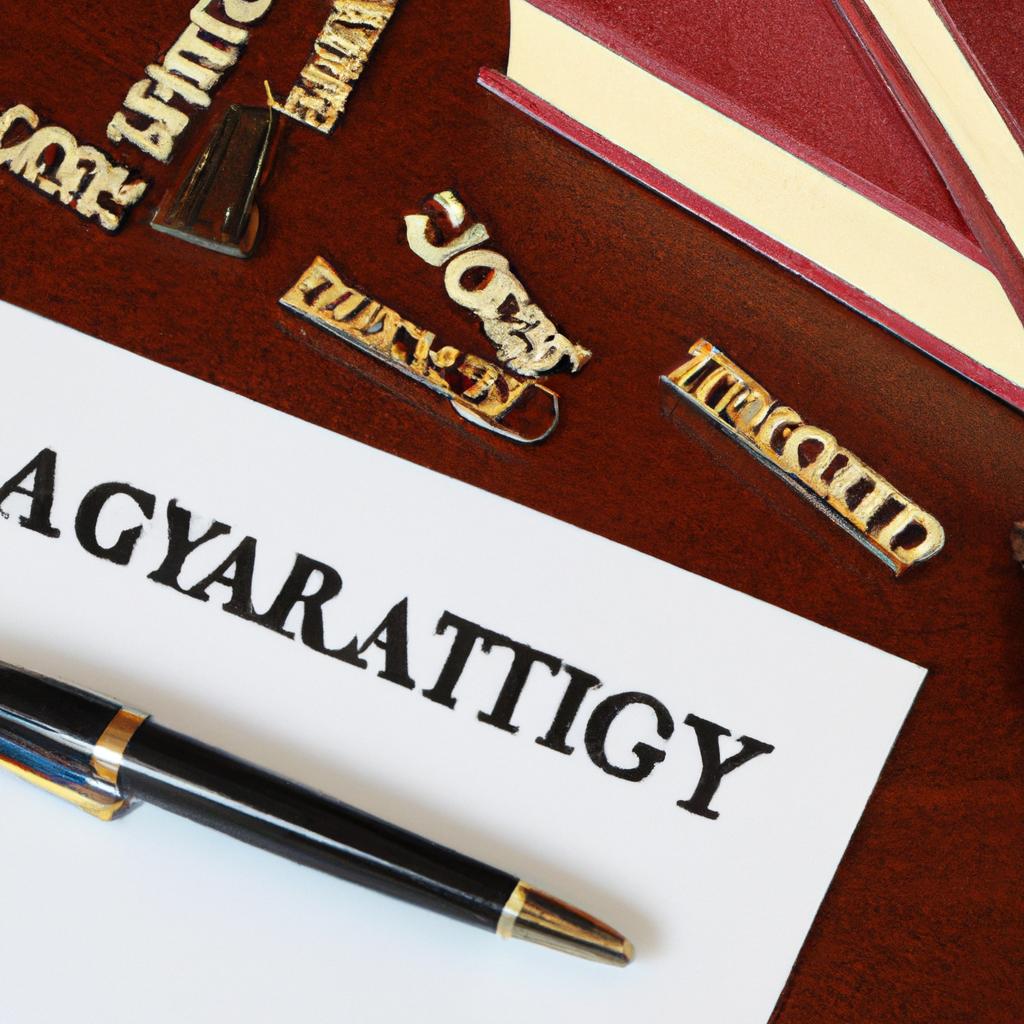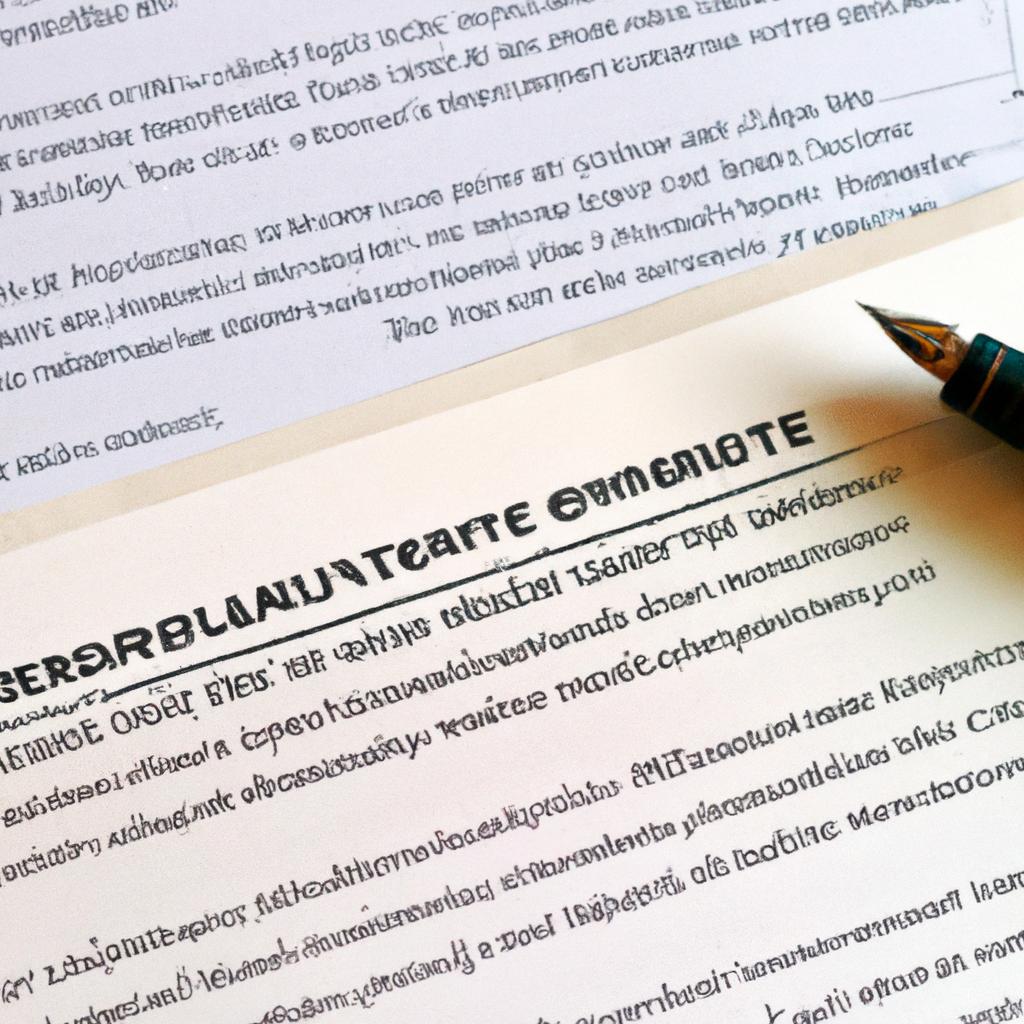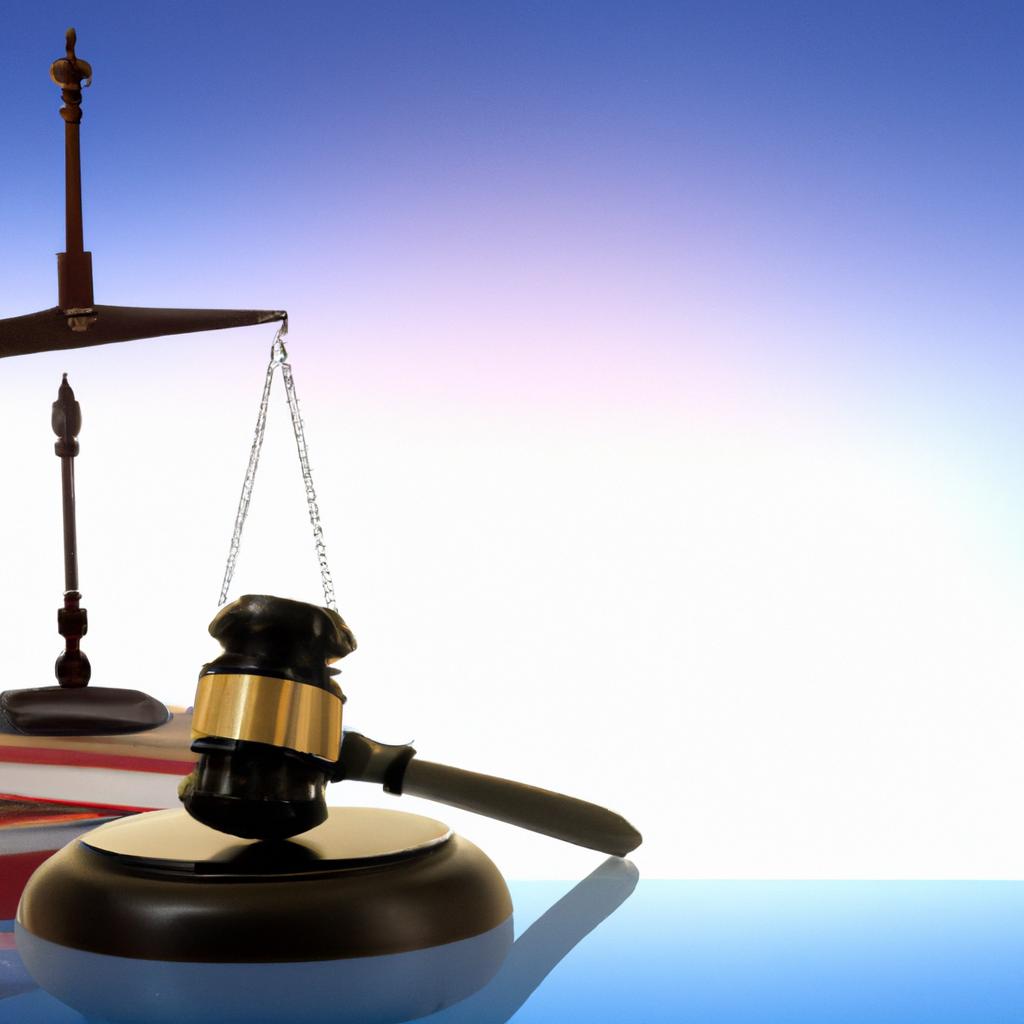In the intricate web of estate administration, the role of an executor is crucial in carrying out the wishes of the deceased and ensuring the orderly distribution of assets. When formally appointed by a court, the executor is granted authority through a document known as Letters of Executorship. At Morgan Legal Group, we understand the complexities of estate planning and probate, and are here to guide individuals through the process of obtaining these essential letters with precision and expertise.
Understanding the Legal Authority Conferred by Letters of Executorship
Letters of Executorship are legal documents issued by the court that grant an individual the authority to administer the estate of a deceased person. This authority is important as it allows the executor to carry out their duties in managing and distributing the decedent’s assets according to their wishes as outlined in their Will. The power conferred by these letters is not to be taken lightly, as it comes with significant responsibilities and obligations.
With the letters of executorship in hand, the appointed executor gains the legal right to access the decedent’s assets, pay off debts, file tax returns on behalf of the estate, and distribute the remaining assets to the beneficiaries. This authority is essential for ensuring that the estate is properly settled and that the wishes of the deceased are carried out in a timely and efficient manner. It is crucial for executors to understand their legal responsibilities and obligations to avoid any potential legal issues that may arise during the probate process.

Key Components of Letters of Executorship and Their Importance in Probate Proceedings
In the realm of probate proceedings, letters of executorship play a crucial role in the administration of an estate. These letters are legal documents issued by the court that grant an individual the authority to act as the executor of a deceased person’s estate. The key components of letters of executorship include:
- Executor’s Name: Clearly identifying the individual who has been appointed as the executor of the estate.
- Date of Issue: The date on which the letters of executorship were issued by the court.
- Seal of Court: The official seal of the court that validates the document and confirms the executor’s authority.
- Powers Granted: A list of specific powers and duties that the executor is authorized to carry out within the scope of their role.
Having properly drafted and executed letters of executorship is essential in ensuring that the probate process progresses smoothly and efficiently. These documents provide clarity and legal authority to the executor, allowing them to manage the deceased person’s estate, distribute assets, pay debts, and fulfill other responsibilities in accordance with the law. Without valid letters of executorship, the executor may encounter challenges and obstacles in carrying out their duties, leading to delays and complications in the probate proceedings.

Navigating the Responsibilities and Obligations of an Executor with a Letter of Executorship
Being appointed as an executor of an estate is a significant responsibility that comes with various obligations and duties. A letter of executorship is a legal document that grants the executor the authority to act on behalf of the deceased individual’s estate. This letter outlines the executor’s powers and responsibilities, including managing the assets, paying debts, and distributing inheritance in accordance with the will or state law.
As an executor, it is crucial to understand the scope of your role and the legal requirements that come with it. **Navigating the responsibilities of an executor with a letter of executorship** involves carefully following the wishes of the deceased, keeping detailed records of all financial transactions, communicating effectively with beneficiaries, and seeking legal guidance when needed. It is essential to act in the best interest of the estate and to fulfill your duties with honesty, diligence, and transparency.

Best Practices for Efficiently Administering an Estate with Letters of Executorship
When administering an estate with Letters of Executorship, it is essential to follow best practices to ensure efficiency and compliance with the law. One key aspect is to maintain accurate records of all financial transactions and communications related to the estate. Keeping detailed documentation will not only help prevent disputes among beneficiaries but also protect the executor from potential legal challenges.
Furthermore, it is important for the executor to communicate effectively with all parties involved in the estate administration process. This includes keeping beneficiaries informed of any developments, promptly responding to their inquiries, and seeking legal guidance when needed. By maintaining transparency and open communication, the executor can establish trust and minimize conflicts that may arise during the estate administration process.
Q&A
Q: What are letters of executorship?
A: Letters of executorship are legal documents that grant an individual the authority to act on behalf of the deceased person’s estate.
Q: Who is typically named as an executor in a will?
A: The executor is usually a trusted family member, friend, or professional appointed by the deceased person in their will.
Q: What is the role of an executor?
A: The executor is responsible for managing the deceased person’s estate, including distributing assets to beneficiaries, paying debts, and handling any legal matters.
Q: How does one obtain letters of executorship?
A: To obtain letters of executorship, the individual named as the executor must file a petition with the probate court and provide proof of their appointment in the deceased person’s will.
Q: Are there any requirements for becoming an executor?
A: To become an executor, a person must be of legal age, mentally competent, and willing to take on the responsibilities of managing the deceased person’s estate.
Q: Can more than one person be named as an executor?
A: Yes, more than one person can be named as an executor, and they can choose to act jointly or independently in managing the deceased person’s estate.
Q: What happens if an executor is unable to fulfill their duties?
A: If an executor is unable to fulfill their duties, they can resign or be removed by the probate court, and a new executor can be appointed to handle the estate.
In Retrospect
In conclusion, letters of executorship play a crucial role in the settlement of a deceased person’s estate. Whether you are nominated as an executor or seeking to obtain these letters, understanding the process and responsibilities involved is essential. With the proper guidance and knowledge, you can navigate the complexities of probate and ensure a smooth and efficient administration of the estate. Let these letters be your key to unlocking the next chapter in the legacy of your loved one.


